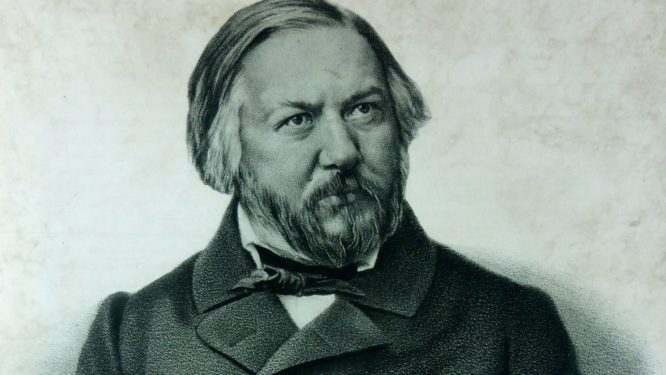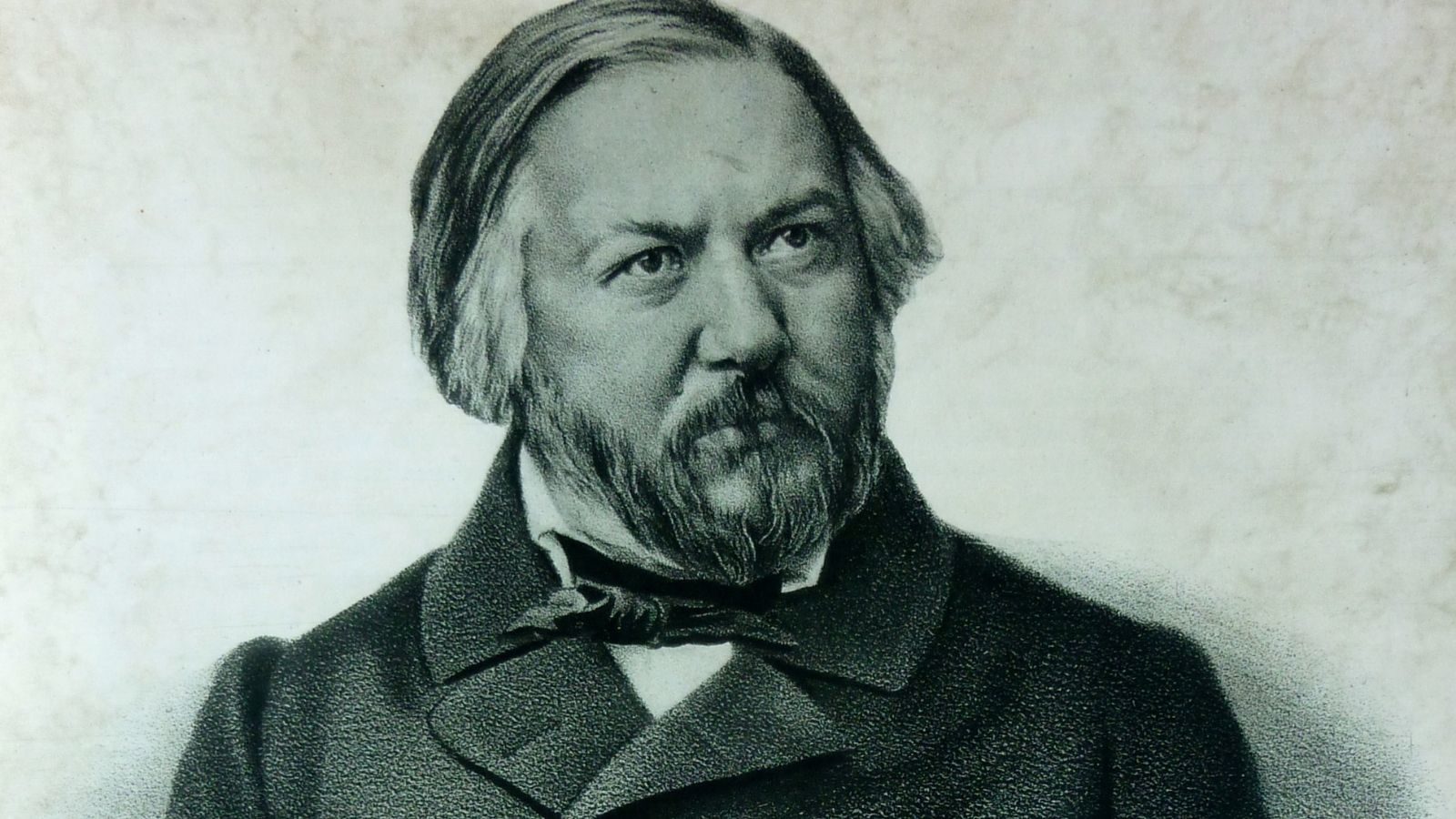Mikhail Ivanovich Glinka

DATES
Born in Novosspaskoye, Russia, June 1, 1804
Died in Berlin, Germany, February 15, 1857
NATIONALITY
Russian
STYLE/PERIOD
Romantic 1820-1910
FAMOUS WORKS
A Life for the Tsar, Ruslan and Lyudmila (both are operas)

BIOGRAPHY
Glinka is considered to be the father of Russian Music, and his operas are said to mark the beginning of musical nationalism in Russia. He grew up in St. Petersburg, Russia, and studied music with teachers in Russia, Italy, and Germany. He was especially interested in the folk music of his native Russia, as well as the operas of composers Bellini and Donizetti, all of which became large influences on his later compositions. Glinka decided that he wanted to write an opera of his own in the 1830’s and looked to Russian royalty and Russian folktales to come up with an idea for the story for his opera. The result was his first opera, A Life for the Tsar, which was a celebration of Russian patriotism. The Russian public loved this opera and it became a huge success.
Glinka continued to use Russian history, folktales, poems, and folk music as influences on his later operas, symphonic poems, chamber music, piano pieces, and songs, making his music distinctively Russian. He moved to Spain in 1845 and began using influences from Spanish dance and native music in his works, writing the overtures Jota Aragonesa and Night in Madrid.